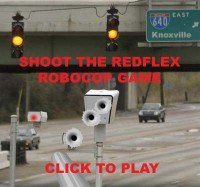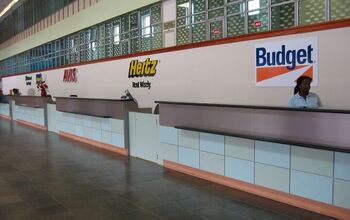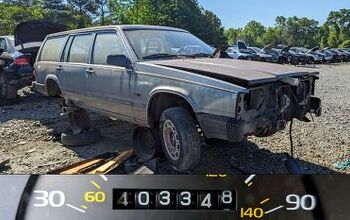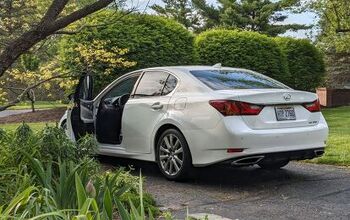Photo Ticketing Company Cashes In
Thenewspaper.com reports that Aussie photo enforcement firm Redflex has announced record profits after camera-issued tickets jumped by 50 percent in the U.S. this year. In fact, $71m of Redflex's $88m annual revenue comes from the states where camera enforcement is taking off. In 2003, Redflex operated fewer than 200 cameras, a number that now stands at 1305 and will hit 1745 by the end of next year. Redflex is on top of the world, bragging there's no end in sight for growth in its business. Except that there is. Some five percent of Redflex cameras have been shut down by court rulings, and cameras are banned from several states. Furthermore, Redflex sold radar units to the state of Arizona which were not approved for use by the FCC, and faces civil penalties as a result. In the course of that investigation, Arizona's Secretary of State found that a Louisiana notary employed by Redflex had falsified certifications for her employers speed cameras. This comes on top of revelations that municipalities are manipulating yellow light times to increase camera revenue. Once again, government and business take whatever measures they deem necessary to extract maximum revenue for minimum effort. Your tax (and fine) dollars at work.
More by Edward Niedermeyer


































Comments
Join the conversation
I don't so much mind traffic cameras at troublesome intersections if they truly encourage safer driving by reducing accidents. But, at least here in Seattle, they have not really reduced collisions. However, local police and politicians have still hailed them a "success" since they've generated tons of revenue for the city.
Personally I don't mind them to much. People can vent about getting tickets or what not all they want, but it's still fairly reasonable to assume the only people likely to have issues with these are those who don't follow the rules. It's fairly simple, go through a red light, get a ticket. In my city fender benders fell by a good percentage (I think the official data put it at half) and traffic accidents in general fell by a statistically significant amount. Which is good considering we have the worst traffic/ accident rates in the state of NC.